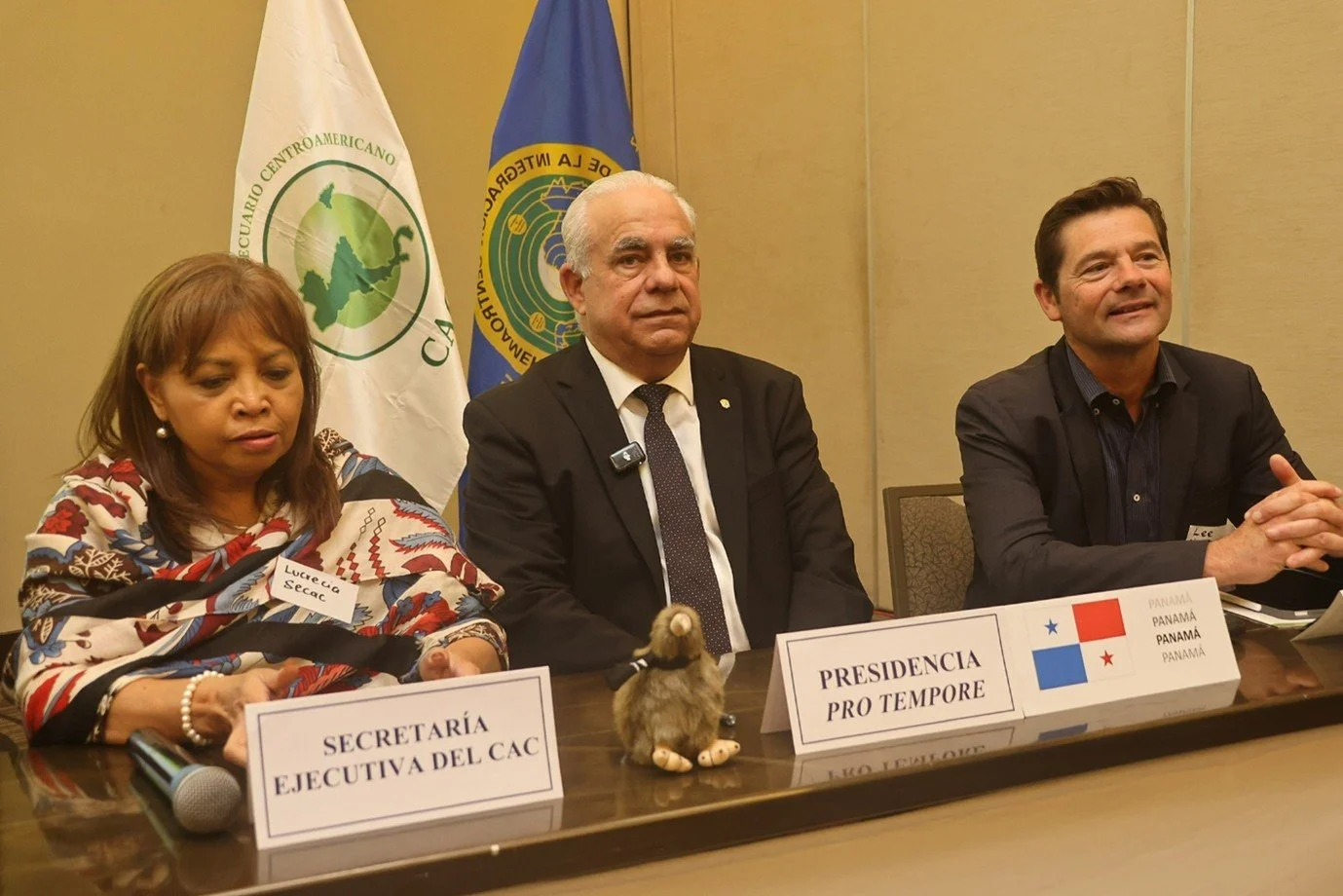Panamanian agriculture Minister opens the first SECAC workshop on agricultural GHGs
Attendees of the first SECAC workshop on quantifying agricultural GHGs
July 2025 - Panama hosted the first workshop of the project Strengthening the Quantification of GHG Emissions for the Agricultural Sector in the Central American Integration System, supported by New Zealand under its Latin America and the Caribbean: Climate Smart Agriculture Initiative. The event, opened by the Panamanian Minister for Agricultural Development, the Hon. Roberto Linares, marks a major step forward in regional efforts to enhance climate resilience and sustainable agricultural practices.
Minister Linares providing his opening remarks
In his opening remarks, Minister Linares emphasised that "this transfer of specialised knowledge should generate lasting capacities beyond the project itself". "We hope to consolidate a regional community where the exchange of experience, mutual assistance, and collaborative innovation support our environmental strategy," Minister Linares stressed.
Organised in collaboration with the Central American Agricultural Council (CAC) and supported by international development partners from, Costa Rica, El Salvador, Guatemala, Honduras, Panama and the Dominican Republic, the workshop brought together agricultural experts, policymakers, and climate scientists from across Central America.
The project builds a community of experts in the region, enabling peer learning and regional collaboration for the development of transparent, country-led greenhouse gas inventories that inform both national policy and international climate negotiations.
Participants contributing to the workshop
By investing in local expertise and institutional memory, New Zealand is helping the Central American Integration System (SICA) region nations move from dependency on external consultants to self-sufficient climate leadership.
New Zealand shares a number of commonalities with Latin America, including a commitment to multilateralism and a firm view that addressing climate change requires partnerships and sustained action.
Next Steps: The project will continue with a series of technical trainings and collaborative research initiatives aimed at refining emission inventories and promoting climate-smart agricultural policies throughout the region.
Minister Linares with CAC Executive Secretary and NZ CSA LAC Programme Manager Lee Nelson





